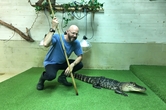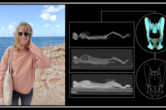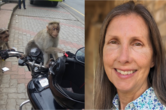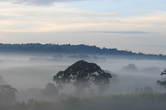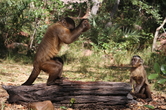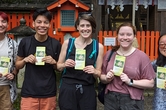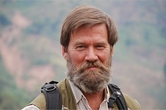The PrimateCast #39: An Interview with Dr. Colin Chapman
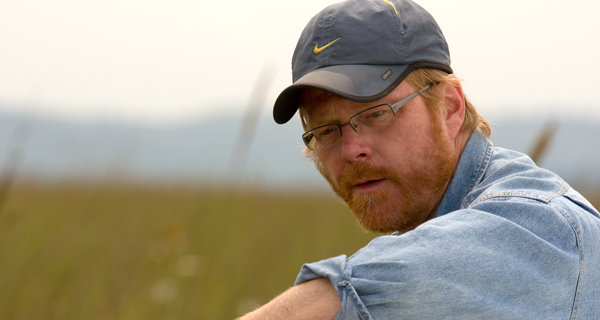
Canada Research Chair in Primate Ecology and Conservation, Dr. Colin Chapman, joins us in the studio to talk about 26 years of work in and around Kibale National Park, Uganda.
"People always expect me to have a nice kind of plan ... like I had it all lined up, but the reality is ..."
26 years of directing primate research and conservation activities confers a lot of perspective, to which this interview with Dr. Colin Chapman will attest in spades! In the interview, we talk about how he got started at Kibale, which has become an iconic field site for primate ecology and conservation, and how he manages to maintain a high scientific output while at the same time pushing forward on numerous conservation and public health fronts. While discussing the nature of long term field work at Kibale, Dr. Chapman imparts numerous nuggets of wisdom with respect to interfacing research, conservation and wildlife and public health.
Toward the end of the interview, Dr. Chapman reflects on the forest, its restoration, and the expected impact of an increasing elephant population in the area, before getting into his involvement with National Geographic and the opportunities that are available to young researchers through its various programs.
Colin Chapman is Canada Research Chair of Primate Ecology and Conservation, and Professor in McGill University's Department of Anthropology and School of the Environment. He's also currently a Killam Research Fellow, Associate Scientist with WCS and honorary lecturer at Makere University in Uganda.
For more on his scientific and outreach programs, visit Dr. Chapman's website here, and find out how you can contribute to the ongoing efforts of the Kibale Mobile Clinic and Kibale Health and Conservation Project.
Join us and Dr. Colin Chapman on The PrimateCast, and feel free to visit (and Like/Follow) us at Facebook and Twitter and leave comments and feedback on this or any other podcast in the series. You can also follow our RSS feed, or subscribe to the podcast on iTunes to keep up with the latest content.
Photo credit: Colin Chapman
